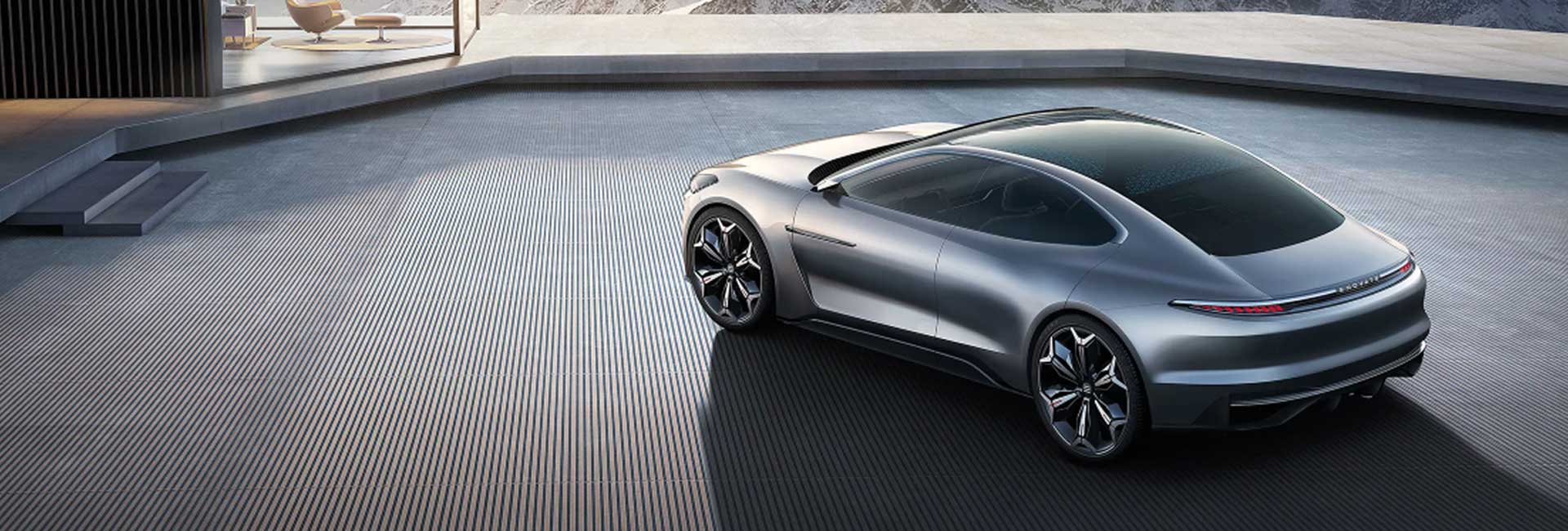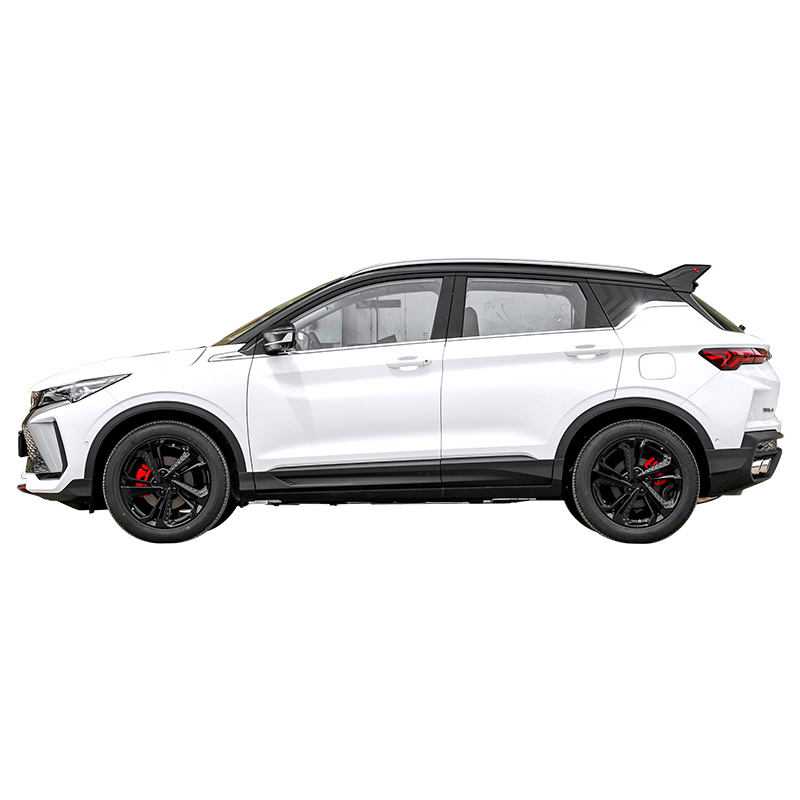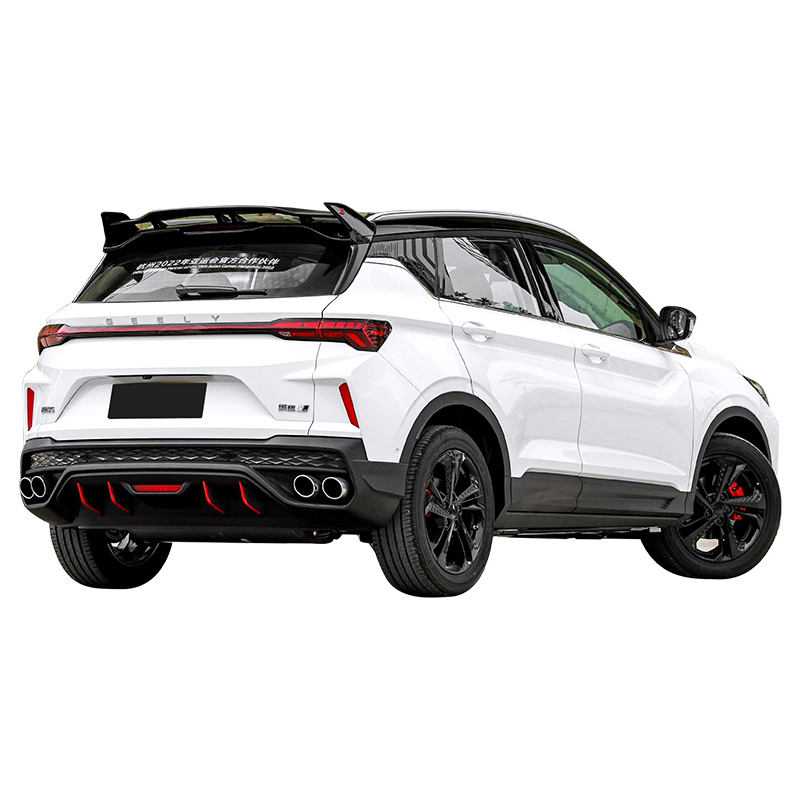
Geely Binyue vs Toyota RAV4 – A Fair Comparison?
Is the Geely Binyue a Worthy Rival to the Toyota RAV4?
Introduction: A Battle of Titans in the SUV Market
The compact SUV segment is one of the most competitive in the automotive industry, with manufacturers vying to offer the best blend of comfort, performance, and value. In this showdown, we pit the Geely Binyue against the Toyota RAV4, two vehicles that have garnered significant attention. This comparison aims to explore whether the Geely Binyue can stand its ground against the well-esteemed Toyota RAV4.

Design and Aesthetics: First Impressions Count
Geely Binyue: A Modern Interpretation of Style
The Geely Binyue boasts a contemporary design with sleek lines and an aggressive front fascia. Its aesthetics are a testament to Geely’s commitment to innovation and modernity.
Toyota RAV4: Timeless Elegance Meets Robustness
The Toyota RAV4 presents a more traditional yet robust design that has become synonymous with Toyota’s brand image. Its timeless elegance and rugged build quality make it a favorite among many.

Performance: Power Meets Efficiency
Geely Binyue: Punching Above Its Weight
Under the hood, the Geely Binyue offers a range of engines that provide a balance between power and fuel efficiency. Its performance is impressive for the price point, making it a strong contender in its segment.
Toyota RAV4: Proven Performance and Reliability
The Toyota RAV4 is known for its reliable performance and efficient engines. Whether it’s the standard gasoline or the hybrid variant, the RAV4 delivers consistent power and fuel economy.
Technology and Features: The Modern SUV Experience
Geely Binyue: Packed with Modern Conveniences
- Advanced infotainment system
- Smart connectivity features
- Comprehensive safety suite
Toyota RAV4: The Benchmark for Tech Integration
- Intuitive Toyota Touchscreen Interface
- Advanced driver-assistance systems
- Robust build quality and reliability
Price and Value: Getting the Best Bang for Your Buck
When it comes to pricing, the Geely Binyue offers competitive rates that are hard to match. It provides a compelling value proposition for buyers looking for a feature-rich SUV without the hefty price tag. On the other hand, the Toyota RAV4, while pricier, justifies its cost with its exceptional build quality and brand reputation.
Market Trends: The Rising Popularity of Compact SUVs
Compact SUVs are becoming increasingly popular due to their versatility and practicality. Both the Geely Binyue and Toyota RAV4 cater to this trend, appealing to a broad demographic of car buyers.
Conclusion: A Close Call
In conclusion, the Geely Binyue holds its own against the Toyota RAV4, offering a compelling alternative for those who prioritize value and modern features. While the Toyota RAV4 remains a strong contender with its proven track record and reliability, the Geely Binyue’s competitive pricing and feature set make it a viable option. Ultimately, the choice between the two will depend on individual preferences and priorities.
Request for Quotation
Releated Vehicles
Rencent Post
- Geely Binyue Owners Share Their Most Honest Opinions09-30 2025
- Geely Binyue vs Hyundai Creta – A Fair Battle?09-30 2025
- Binyue Geely vs Haval Jolion – Who Wins the Compact SUV Battle?09-29 2025
- First-Time Buyer’s Guide to the Geely Binyue09-29 2025
- Geely Binyue L Comfort Test – Long Trips Made Easy09-29 2025
- How Reliable Is the Binyue Geely After 50,000 km?09-28 2025



